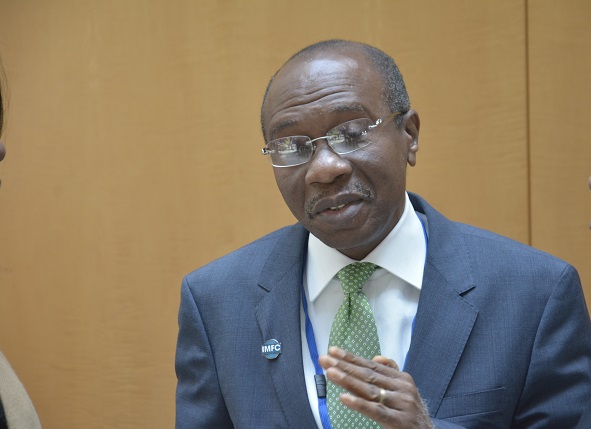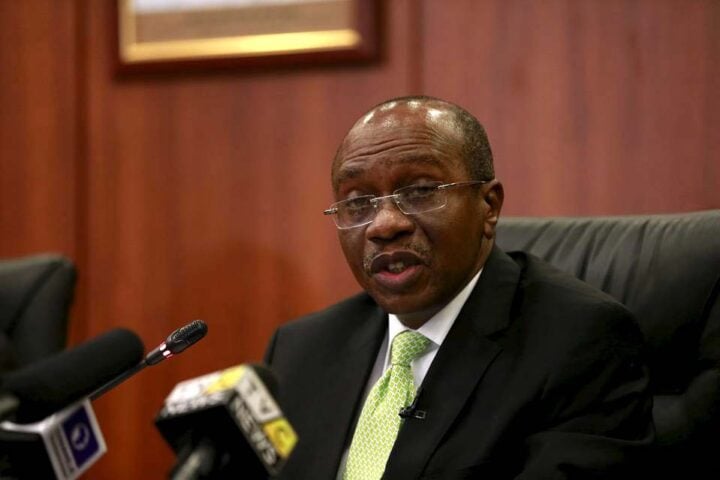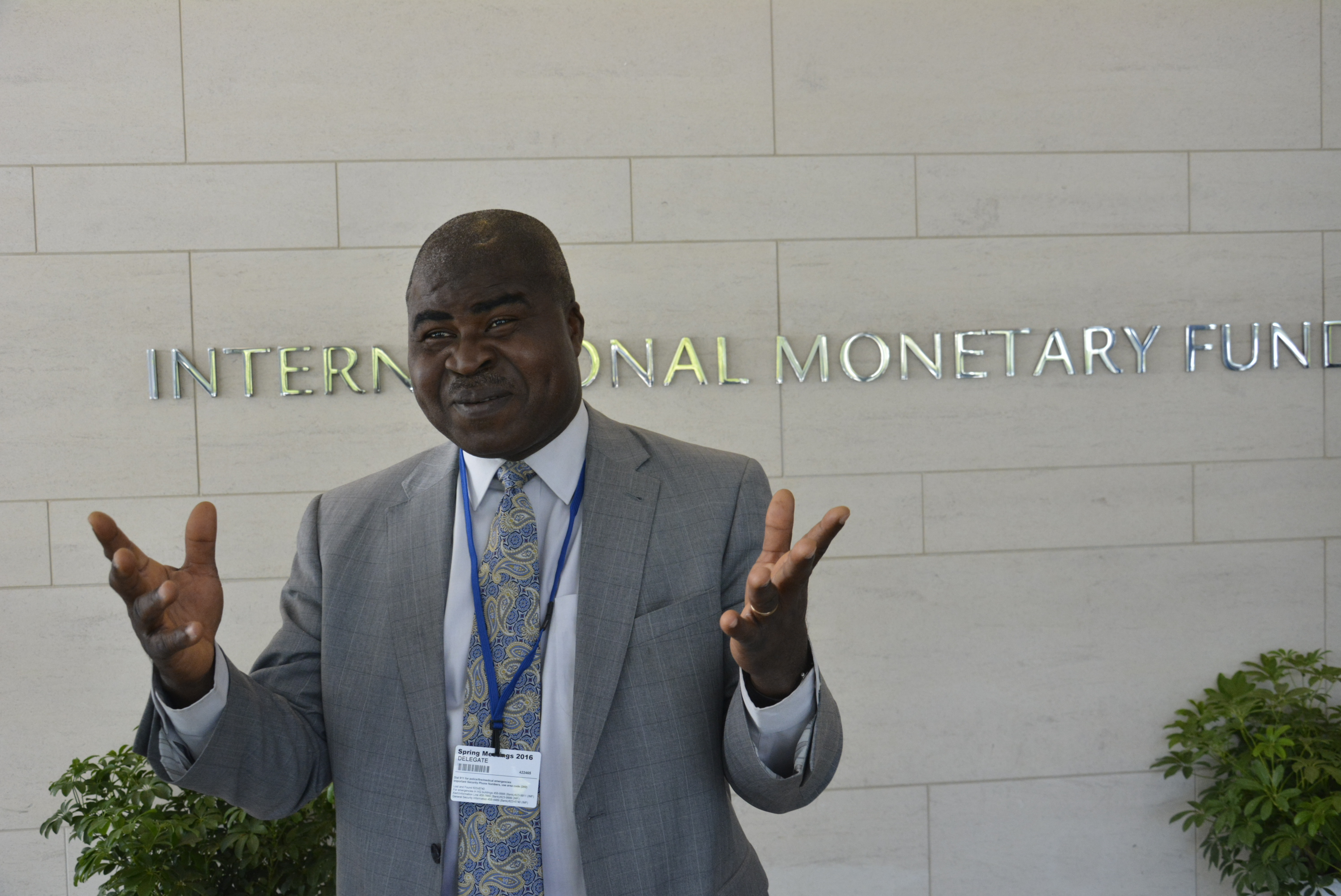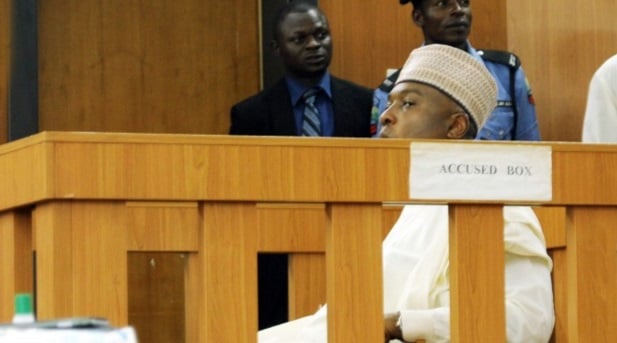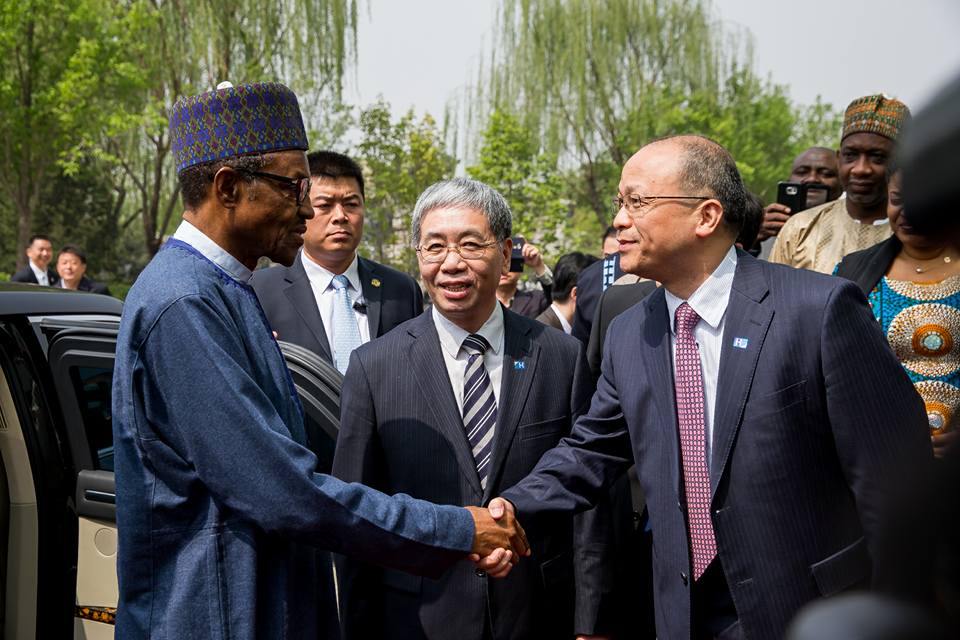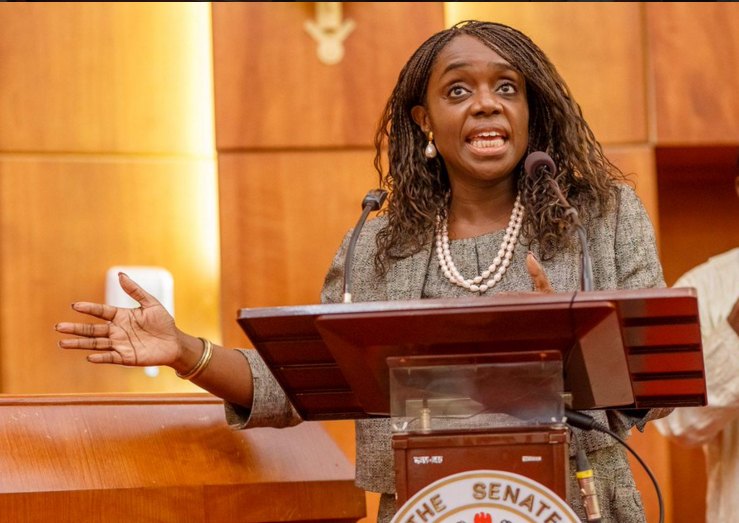Godwin Emefiele, governor of the Central Bank of Nigeria has revealed that the country’s monetary policy rate would still have to go up.
He said based on rising inflation rates, the monetary policy rate (MPR) would have to rise.
He was speaking on Saturday at the International Monetary Fund headquarters in Washington.
Advertisement
“Truly, Nigerians really expect that if they want to access finance, they should do so under a low interest regime,” he said.
“But of course you will agree with me that with the increase in inflation rate, from about 11.38 (percent) it was in February to almost about 12.8 in march, naturally what you find is that interest rate would have to still go up sort off.
“When you have the MPR below inflation rate, it is not a model that is acceptable.”
Advertisement
Higher interest rate is expected to discourage lending, but Emefiele has assured Nigerians that the CBN under his leadership will continue to do all it can to ensure that the sectors of the economy that grow the domestic industry get needed interventions.
“At the level of the CBN, we would continue, as much as possible to see how we can continue to increase our interventions to certain targeted areas of the economy,” he said.
“Particularly agriculture, mining, the real sector, areas that would boost domestic production, areas that would help to support our push away from relying on oil.
“Where we are seeing goods that can be produced in the country, where we find investors that are investing in domestic production rather than following up on exports, then we would continue to give those kind of investors support.”
Advertisement
In November 2015, the CBN cut interest rates from 13 percent to 11 percent – for the first time in six years – in order to free up some money for economic growth.
In March, the bank raised the rate to 12 percent, in anticipation of budget passage and flow of liquidity into the economy.
Add a comment

